Indigenous Governance Database
Oren Lyons
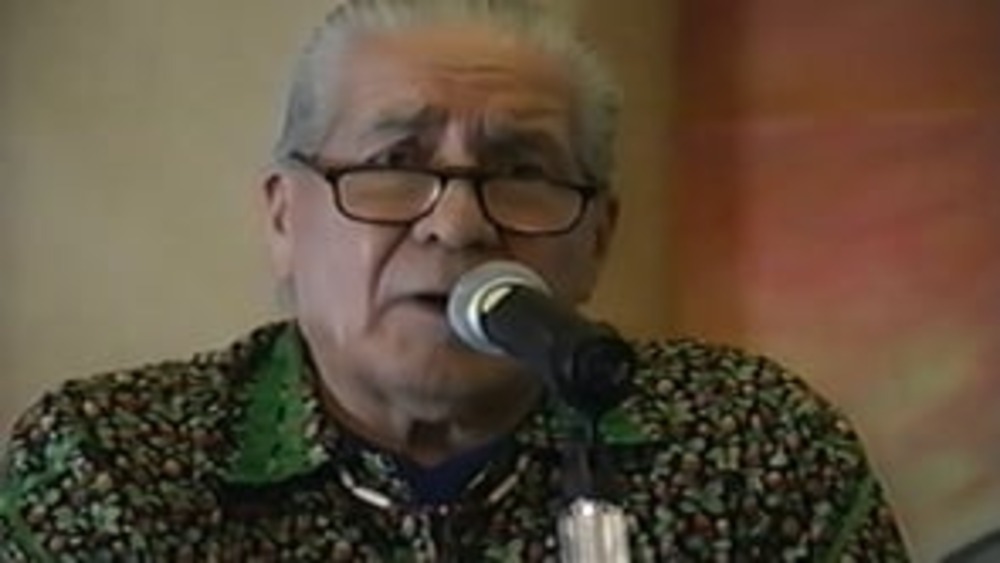
Honoring Nations: Oren Lyons: Governing Our Way to a Brighter Future
Onondaga Chief and Faithkeeper Oren Lyons shares his perspective on why governance matters to the sovereignty and long-term prosperity of Indigenous peoples, and stresses the importance of adhering to the long-taught instructions that have ensured the survival of those peoples to this day.
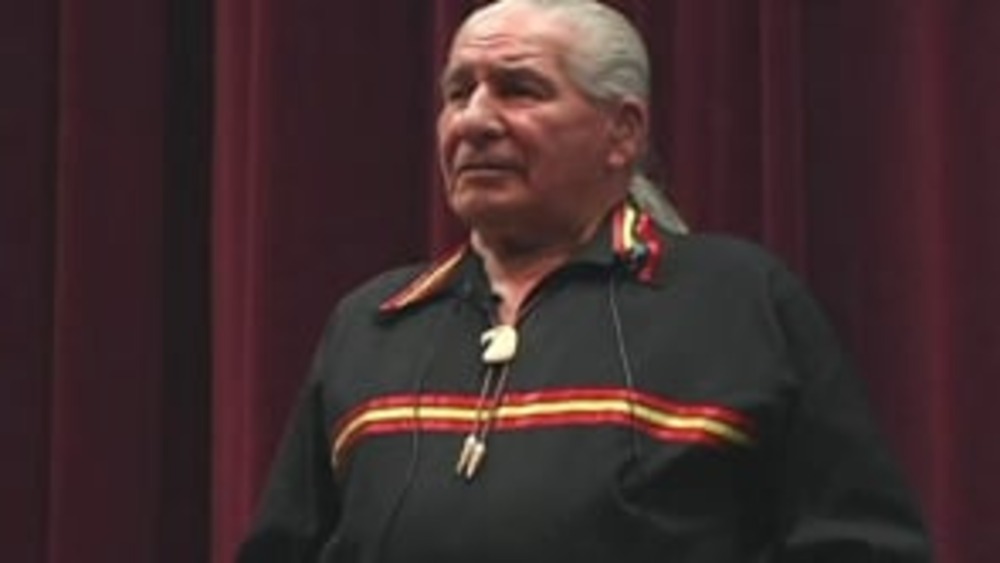
Oren Lyons: Looking Toward the Seventh Generation
Onondaga Chief and Faithkeeper Oren Lyons discusses the increasingly urgent issues of global warming and climate change and points to Indigenous peoples, their core values, and their reciprocal relationships to the natural world as sources of instruction for human beings to heed in order to combat…
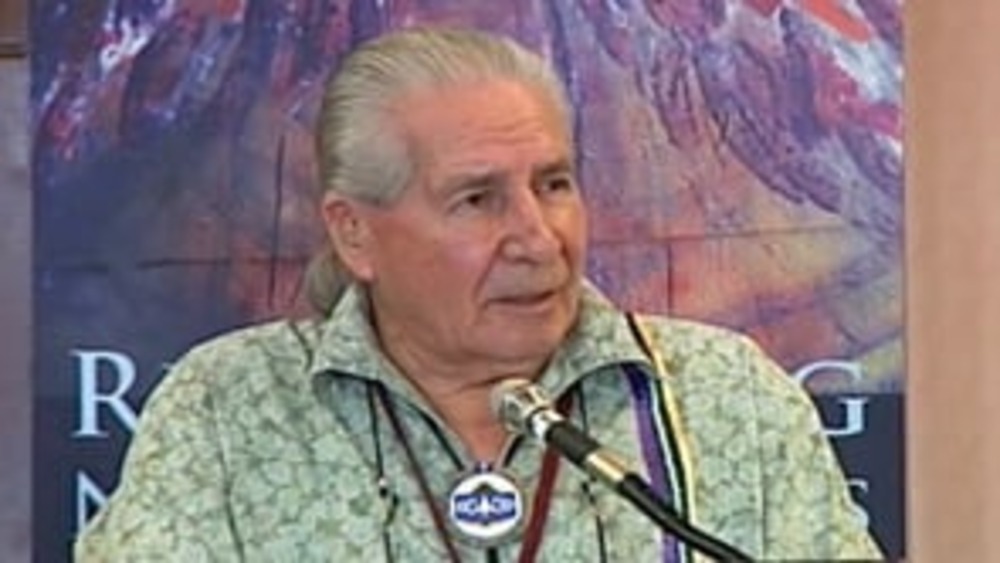
From the Rebuilding Native Nations Course Series: "The Strategic Approach to Leadership"
Native leaders discuss why it is important for Native nation leaders to take a strategic approach to leadership, stressing that the decisions they make must be made with the culture and values of their people and the next seven generations in mind.
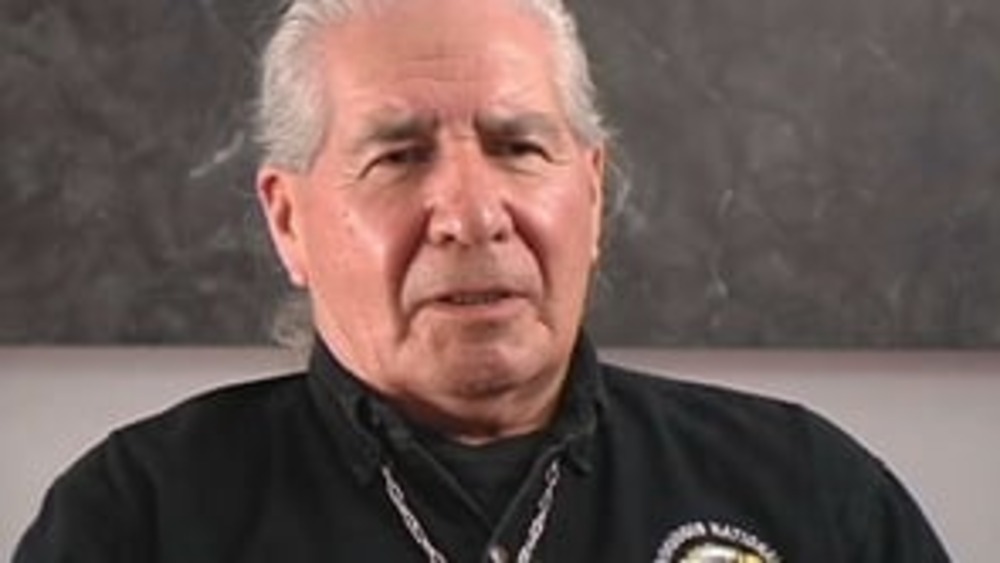
Great Tribal Leaders of Modern Times: Oren Lyons
Produced by the Institute for Tribal Government at Portland State University in 2004, the landmark “Great Tribal Leaders of Modern Times” interview series presents the oral histories of contemporary leaders who have played instrumental roles in Native nations' struggles for sovereignty, self-…
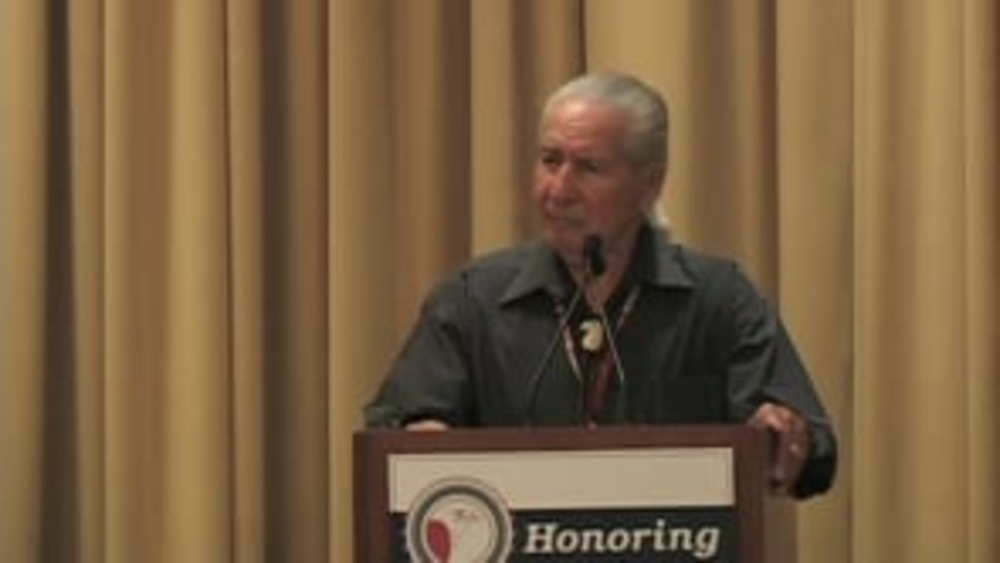
Honoring Nations: Oren Lyons: Wounded Knee II: Honoring the Legacy of Ted Kennedy
Onondaga Chief and Faithkeeper Oren Lyons shares a story about late U.S. Senator Ted Kennedy's crucial yet little-known role in averting an attack by the federal government on those who took over Wounded Knee in 1973.
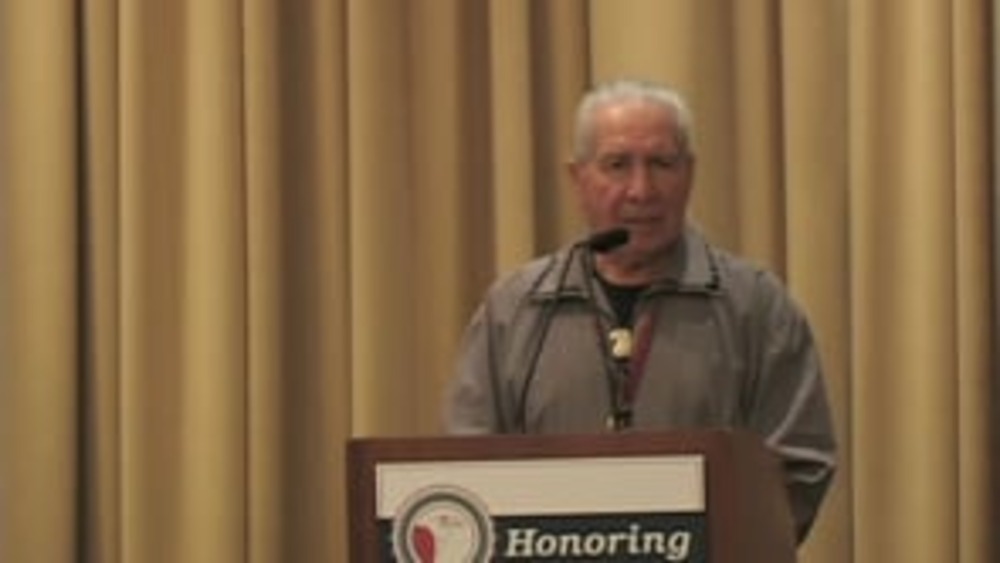
Honoring Nations: Oren Lyons: The Challenges Ahead
Onondaga Chief and Faithkeeper Oren Lyons briefly summarizes the critical, urgent challenges that global warming and resulting climate changes present to Indigenous people and all human beings, and stresses that the principles that traditionally nurtured the relationship between Indigenous peoples…
Honoring Nations: Sovereignty Today: Q&A
The 2007 Honoring Nations symposium "Sovereignty Today" panel presenters as well as members of the Honoring Nations Board of Governors field questions from the audience and offer their thoughts on the state of tribal sovereignty today and the challenges that lie ahead.
Honoring Nations: Oren Lyons: Rebuilding Healthy Nations
Onondaga Chief and Faithkeeper Oren Lyons urges Native nations to continue sharing their stories of success, learning from each other, and working towards creating a better future for the next seven generations.
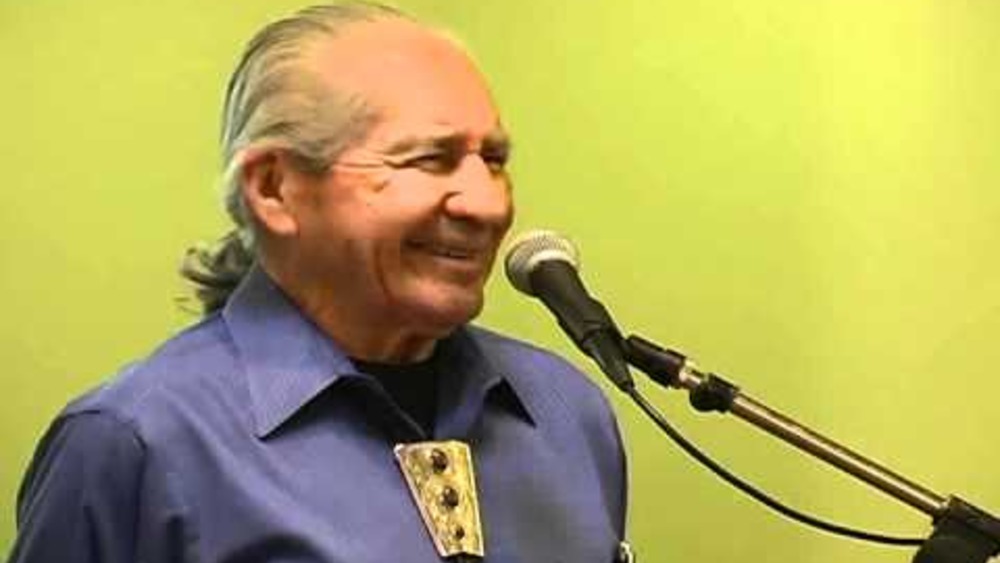
Chief Oren Lyons on International Leadership and Empowerment
In this presentation, Chief Oren Lyons discusses the topic of international leadership and empowerment. The speech was given on March 18, 2011, at Humboldt State University.
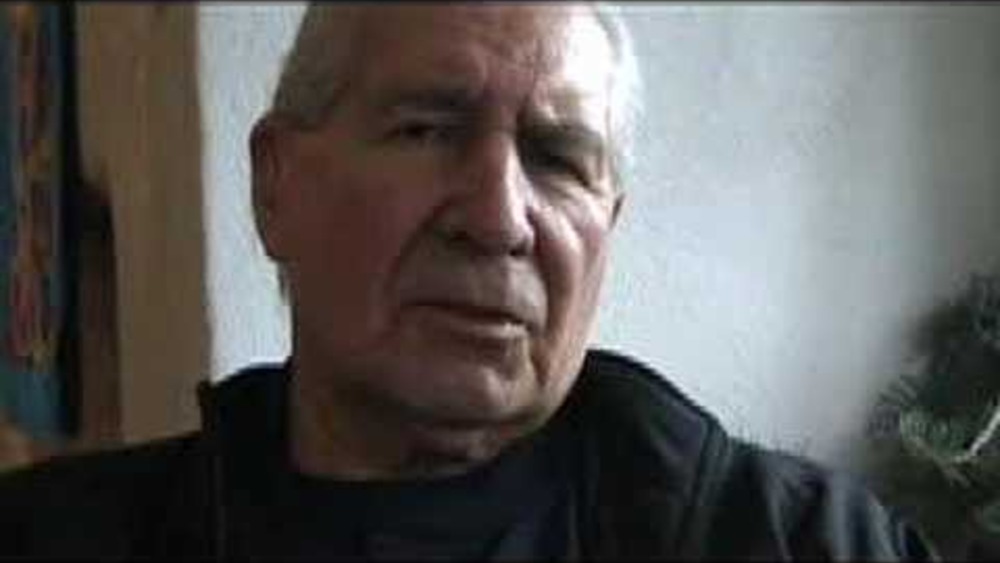
Chief Oren Lyons Discusses Sovereignty
This is a short interview with Chief Oren Lyons on the issue of sovereignty that was filmed shortly after the U.N. Declaration on the Rights of Indigenous Peoples was passed.
